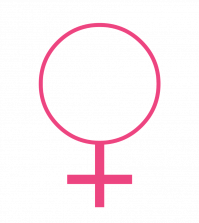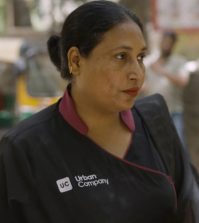- Finding Unshakable Power in a World That Wants to Pull Us ApartPosted 5 months ago
- What could a Donald Trump presidency mean for abortion rights?Posted 5 months ago
- Financial Empowerment: The Game-Changer for Women in Relationships and BeyondPosted 6 months ago
- Mental Health and Wellbeing Tips During and After PregnancyPosted 6 months ago
- Fall Renewal: Step outside your Comfort Zone & Experience Vibrant ChangePosted 6 months ago
- Women Entrepreneurs Need Support SystemsPosted 7 months ago
First woman is elected to Saudi local council
Reported by The Thomson Reuters Foundation
RIYADH, Dec 13 (Reuters) – Saudi Arabia said on Sunday that Salima bint Hazab al-Otaibi had become the first woman elected to public office in the conservative Islamic kingdom after winning a seat on the municipal council in Mecca in Saturday’s election.
The election was the first in which women could vote and run as candidates, a landmark step in a country where women are barred from driving and are legally dependent on a male relative to approve almost all their major life decisions.
However, the election was for only two thirds of seats in municipal councils that have no lawmaking or national powers, and follows men-only polls in 2005 and 2011.
Otaibi won a seat in the Madrika district of Mecca, the holiest city of Islam, and where all the other successful candidates were men, the official Saudi Press Agency reported in a list of preliminary results.
Results from Northern Borders Province and the southwestern province of Asir, the only others to have been announced, had no successful women candidates.
Under King Abdullah, who died in January and who announced in 2011 that women would be able to vote in this election, steps were taken for women to have a bigger public role, sending more of them to university and encouraging female employment.
However, while women’s suffrage has in many other countries been a transformative moment in the quest for gender equality, its impact in Saudi Arabia is likely to be more limited due to a wider lack of democracy and continued social conservatism.
Before Abdullah announced women would take part in this year’s elections, the country’s Grand Mufti, its most senior religious figure, described women’s involvement in politics as “opening the door to evil”.
(Reporting by Angus McDowall; Editing by Dominic Evans and Mark Potter)






